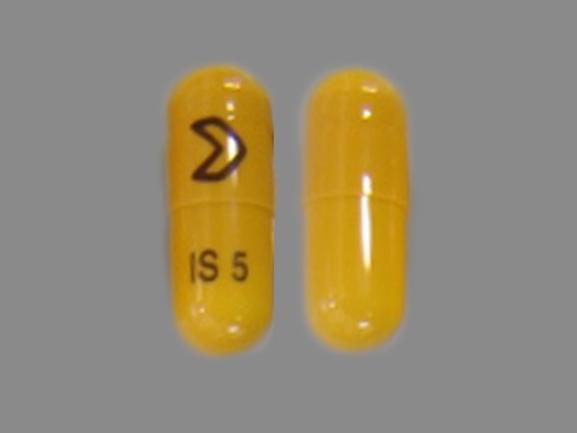Isradipine Dosage
Medically reviewed by Drugs.com. Last updated on Jul 25, 2025.
Applies to the following strengths: 2.5 mg; 5 mg; 10 mg
Usual Adult Dose for:
Additional dosage information:
Usual Adult Dose for Hypertension
Initial dose:
Immediate-release capsules: 2.5 mg orally twice a day
Controlled-release tablets: 5 mg orally once a day
Maintenance dose: The dose may be adjusted as needed and tolerated in increments of 5 mg at 2 to 4 week intervals.
The maximum recommended daily dose for the immediate-release capsules is 20 mg, although most patients show no additional response to doses above 10 mg/day. The maximum recommended dose for the controlled-release tablets is 20 mg/day.
Renal Dose Adjustments
Mild renal impairment:
Initial dose: No adjustment recommended.
Liver Dose Adjustments
Hepatic functional impairment:
Initial dose: No adjustment recommended.
Precautions
Caution is recommended when using isradipine in congestive heart failure patients, especially when coadministered with a beta-blocker.
As with any other nondeformable material, caution should be used when administering controlled-release isradipine tablets in patients with preexisting severe gastrointestinal narrowing (pathologic or iatrogenic).
Safety and effectiveness have not been established in pediatric patients (less than 18 years of age).
Dialysis
Isradipine is not removed by hemodialysis. If isradipine is administered after hemodialysis, doses should be administered when the patient is hemodynamically stable to decrease the risk of hypotension.
Other Comments
Adverse effects are increased in frequency above 10 mg/day.
More about isradipine
- Check interactions
- Compare alternatives
- Pricing & coupons
- Reviews (1)
- Drug images
- Side effects
- During pregnancy
- Drug class: calcium channel blockers
- Breastfeeding
- En español
Patient resources
Other brands
Professional resources
Related treatment guides
See also:
Further information
Always consult your healthcare provider to ensure the information displayed on this page applies to your personal circumstances.


